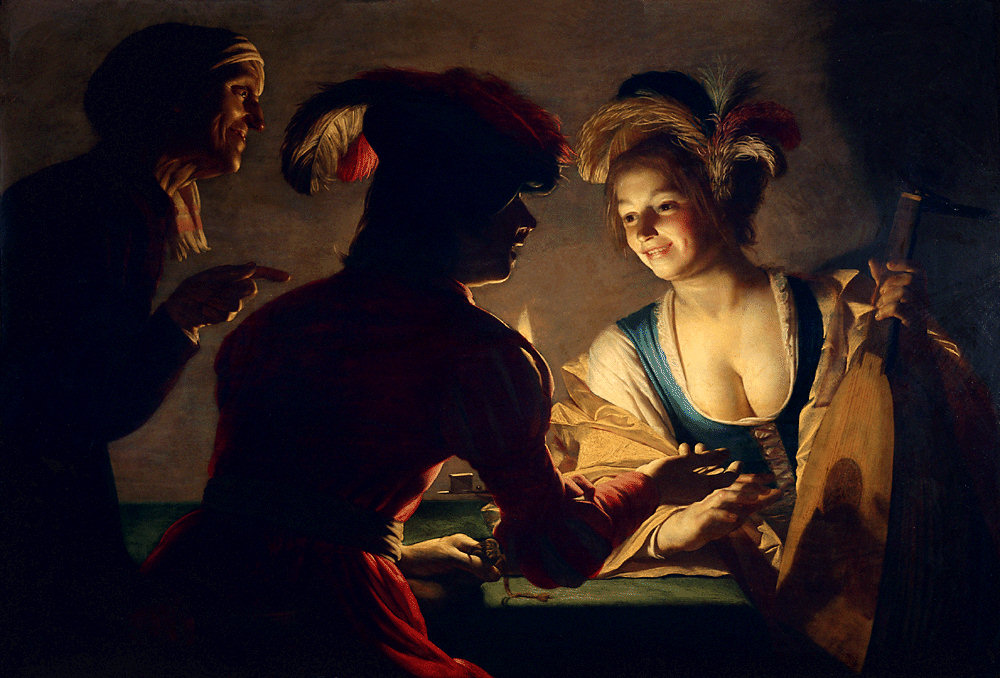
Earlier this week the papers were full of stories of Ridgemont House in Devon – a house bought for £150,000 by auction, only to see its garden plummet down towards Oddicombe Beach.
The story brought together the national obsession with house prices with the fact of increasing coastal erosion due to climate change. Artist Kane Cunningham is jealous of the Devon housebuyer. He is actually waiting for his house to fall into the sea:
Landscape artist Kane Cunningham has used his credit card to buy a house that is about to fall into the sea. A bungalow at Knipe Point in Scarborough, North Yorkshire – near the scene of the infamous Holbeck Hotel cliff collapse 16 years ago has been condemned after a fresh landslip. Cunningham states:
‘I’ve bought a house that will be the next one to fall over the cliff. It feels like I have no choice. I’m going to rig the house with cameras and film the last sunrise before nature claims its bounty’.
‘It’s the perfect site-specific installation – a stark reminder of lost dreams, financial disaster and threatening sea levels. It’s global recession and global warming encapsulated. This little house is feet away from the edge of the cliff – it can go at any moment. The idea is to create an artwork on a scale never been seen before in North Yorkshire and to stimulate within the imagination of the public the idea that this house falling into the sea can become a work of art. If the aim of art is to stimulate discussion and debate on issues, then surely this will get people talking.’
His idea’s a little like Bettinna Furnee’s Lines of Defence, except this time with a real house involved. It’s an interesting thought; if you’re trying to make people act on climate, maybe you need to make the message as domestic as possible, like an English bungalow falling into the sea…
Maybe
Go to RSA Arts & Ecology


 This Saturday from 8.30pm to 9.30pm is
This Saturday from 8.30pm to 9.30pm is